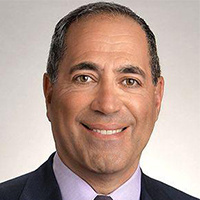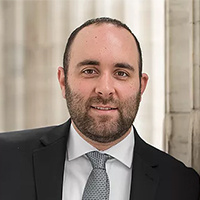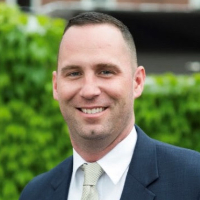Stephentown Felony Lawyer, New York
Sponsored Law Firm
-
 x
x

Click For More Info:
-
Cohen & Bernstein, L.L.C.
1360 Clifton Ave #309 Clifton, NJ 07012» view mapCriminal Defense We’re In this Together!
We work hand in hand with our clients to ensure all of your questions are answered and progress through your legal issue is seamless.
800-978-7341
Not enough matches for Stephentown Felony lawyer.
Below are all Stephentown Criminal lawyers.
James Eric Kleinbaum
✓ VERIFIEDOur founding partner, attorney James E. Kleinbaum, has been practicing law since 1994. As an experienced traffic and criminal defense lawyer, he has h... (more)
John F. Harwick
✓ VERIFIEDJohn Harwick is a top-rated personal injury lawyer practicing in upstate New York. www.joneshacker.com
Donald W. Boyajian
✓ VERIFIEDDonald W. Boyajian has been practicing law for over 35 years and is the Managing Partner of the firm. Don is a life-long resident of the Capital Regio... (more)
Gennaro D. Calabrese
✓ VERIFIEDGennaro Calabrese is the founder of the Calabrese Law Firm, PLLC. He has been a licensed attorney in the State of New York for almost ten years. Durin... (more)
Ryan M. Finn
✓ VERIFIEDAttorney Ryan Finn of Finn Law Offices has worked for big law firms and he knows how they approach a legal conflict. He is well known and well respect... (more)
FREE CONSULTATION
CONTACT Lindsay Bernstein Clifton, NJ
Lindsay Bernstein Clifton, NJ Practice AreasExpertise
Practice AreasExpertise







